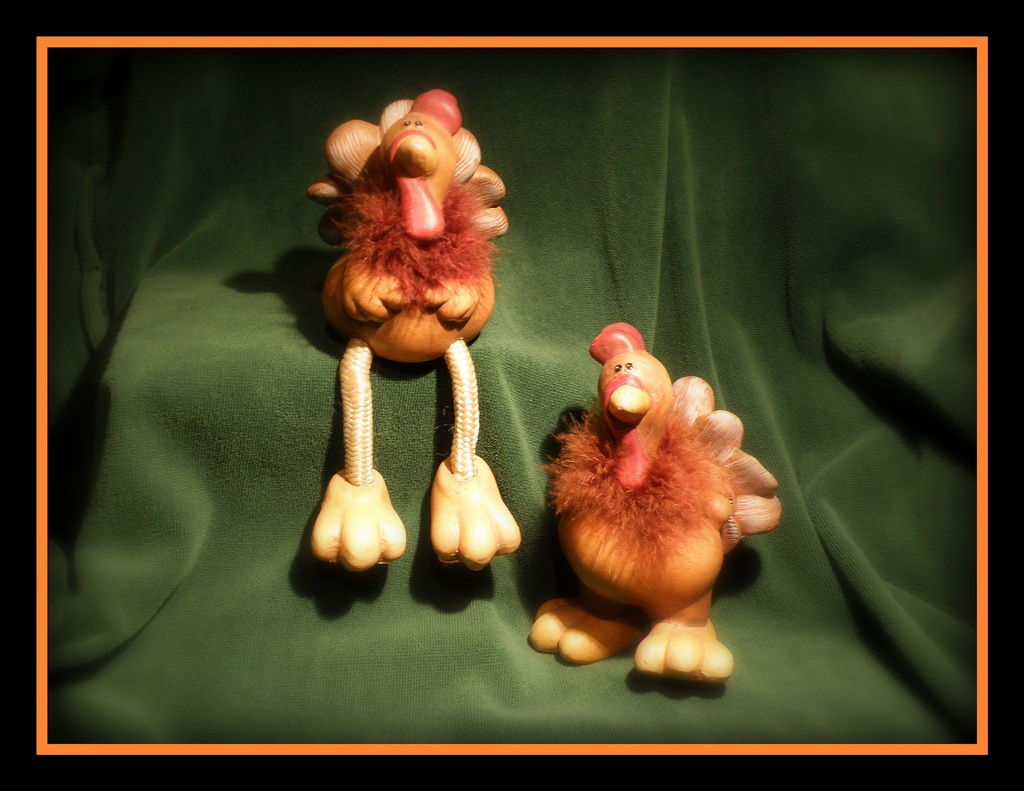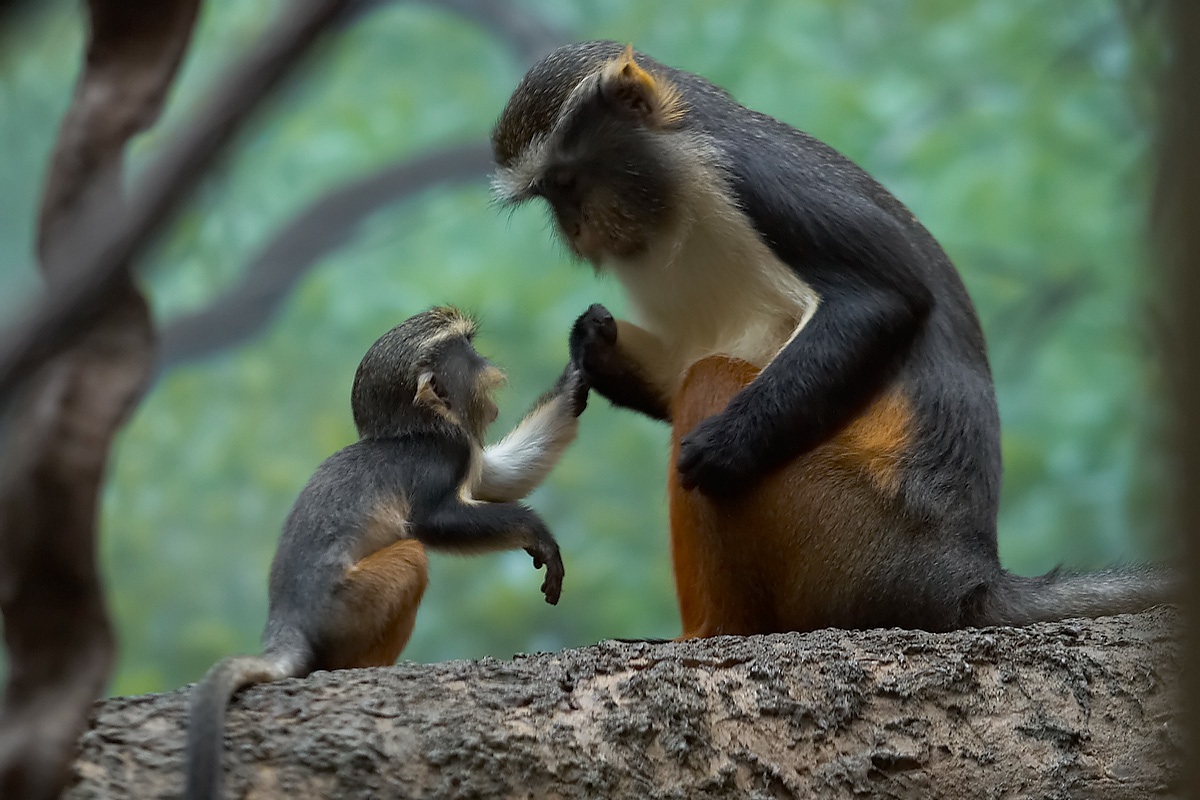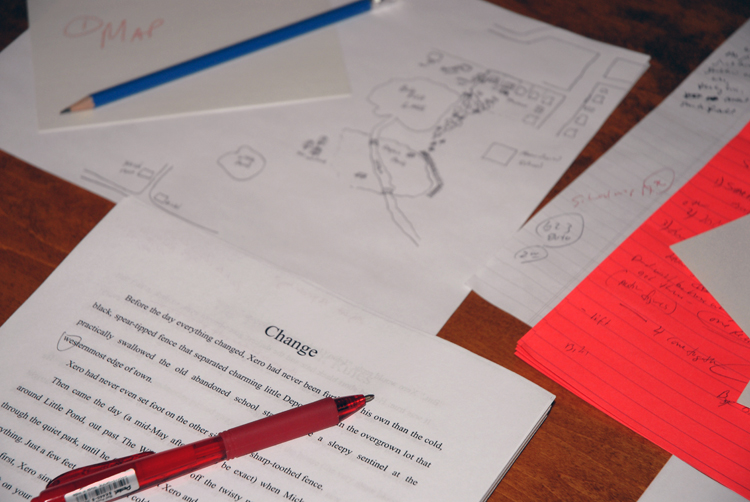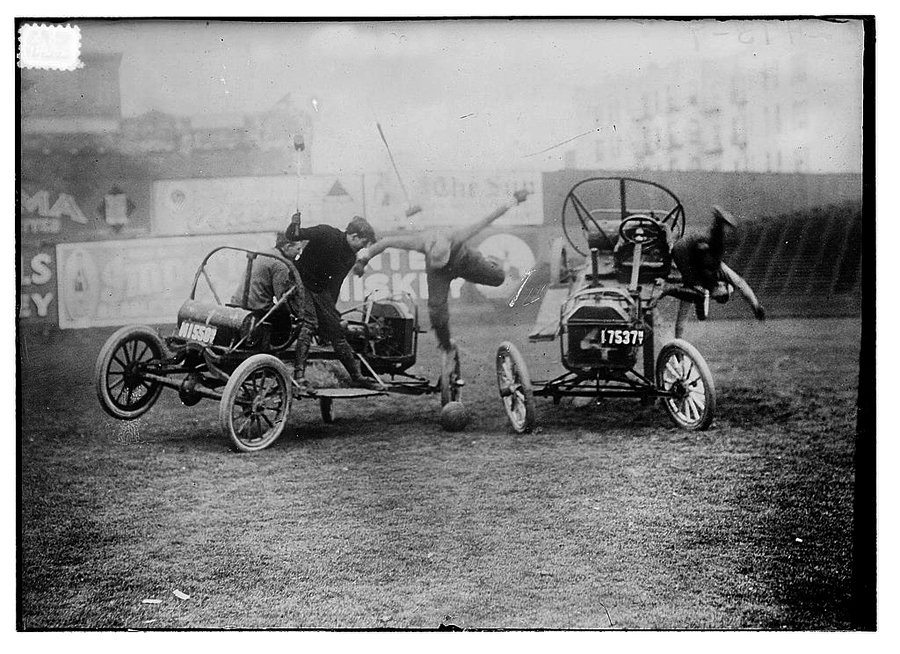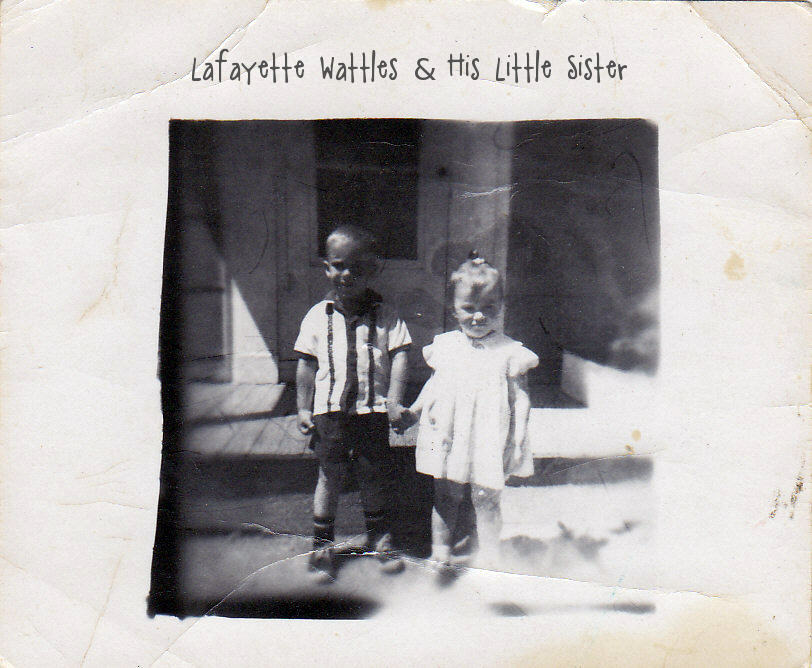 “Other things may change, but we start and end with family.”
“Other things may change, but we start and end with family.”
What is family? For some, it is the heart, the marrow, the soul. For others, the dragon, the demon, the darkness. If we’re lucky, family is a light that guides us toward our own light, the one inside us.
I’m one of the lucky.
I don’t feel guilty for that, but I AM hyper-aware that not all families are created equal, and that when it comes to family I struck the mother-lode (and father-lode and sister-lode, so to speak).
I don’t come from money. My parents didn’t go to college. They got jobs after high school (before and after the Army for my dad, before and after my sister and I were both school age for my mom) and they spent their entire adult lives working extremely hard.
I was lucky because my grandparents never felt entitled. My parents never felt entitled. My sister and I never had a reason to feel entitled.
We did, however, feel happy! And loved!
Continue reading
